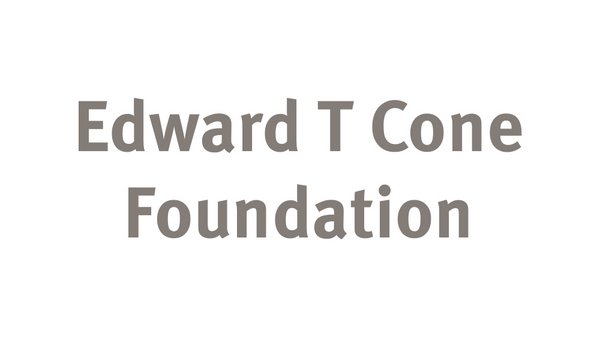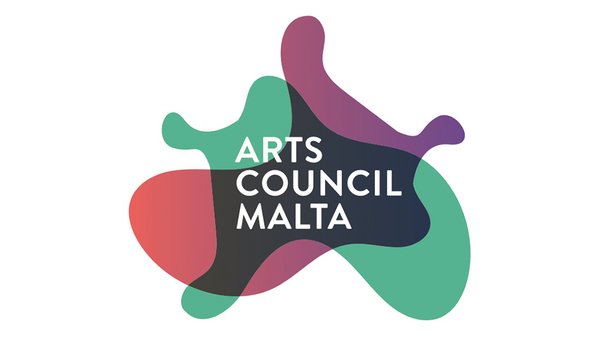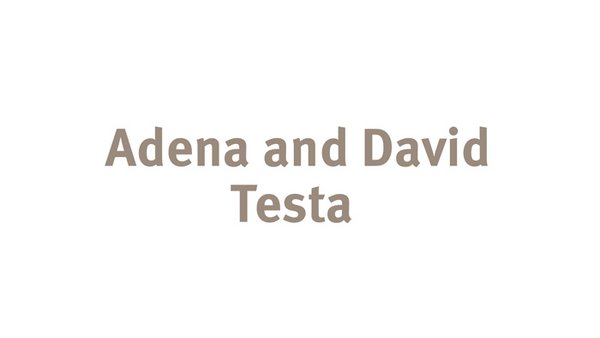-
Topics
backTopicsOur programs create spaces where open-minded leaders can gather for breakthrough conversations on pressing global issues – each aligned to one of the following pillars:
-
Events
backEventsExplore the variety of events Salzburg Global hosts within Austria and in the rest of the world. Learn more about our programs and what else happens at Schloss Leopoldskron.Upcoming EventsFeb 05 - Feb 07, 2026Peace & JusticeDisruption and Renewal: Charting the Future of the International Rule of Law, Democracy, and PluralismSalzburg Cutler Fellows Law ProgramApr 13 - Apr 18, 2026CultureCreating Futures: Rethinking Cultural Institutions, Infrastructure, and InvestmentCulture, Arts and Society
- Insights
-
Fellowship
backFellowshipSince 1947, more than 40,000 people from over 170 countries have participated in Salzburg Global's sessions. Collectively, these alumni are known as Salzburg Global Fellows.
-
About Us
backAbout UsSalzburg Global is an independent, non-profit organization committed to creating spaces that overcome barriers and open up a world of better possibilities.Our Approach
-
Support Us
backSupport UsYour generosity helps us gather open-minded leaders for breakthrough conversations, while creating space for dialogue that overcomes barriers and opens up a world of better possibilities.
- Donate
- Date
- Mar 25 - Mar 30, 2023
- Session no.
- S799-01
- Program
- Culture, Arts and Society
- Location
-
Salzburg, Austria
Share
Culture
On the Front Line: Artists at Risk, Artists Who Risk
War and conflict is spreading, as is oppression to quash populations who demand democracy, coupled with serious threats to existing pluralist liberal democracies. Racial, ethnic, and gender equality is both increasing and at the same time subject to repression from those who fear it. Meanwhile, an impending climate catastrophe threatens the most vulnerable communities and the rights of future generations.
In face of these existential disruptions and risks, artists often find themselves on the front lines of movements for change, using their power and practice to envision better futures, stimulate collective action, and drive change across sectors and scales. As agents of change, artists can become subject to a myriad of threats, whether from deliberate political misinterpretation, harassment and censorship, or physical and psychological harm.
Through the lenses of artists at risk and artists who risk, this program explored the intersection of contemporary art, activism, politics, law, research, technology, ethics and organizing. The program was a space where artists were central, and where debate, introspection, and exchange attempted to bridge a diversity of perspectives, create new ideas and build commitment to strategies for action.
FRONT LINES
Although manifested differently in different societies and with differentiated responses, for the purposes of this program, we defined front lines that artists are working on as follows:
- Confrontations between authoritarian and democratic systems, whether emerging or established.
- Assertions of racial, ethnic, and gender equality and equity in the face of growing polarization and populist intransigence.
- On-going repression, conflict and the cooptation of militias, police, and militaries to suppress freedoms.
- Pandemics, climate upheavals, and the primacy of economic power that together squeeze the space for creative and artistic responses.
- Populism and social media driving rage rather than facilitating positive collective reflection.
These phenomena demonstrate some of the ever-exacerbating disconnects in how we relate to each other, our systems of governance, and the planet, and provided a frame for the areas of enquiry for this program.
This program was by invitation only.
Date
Mar 25 - Mar 30, 2023
Session no.
S799-01
Location
Salzburg, Austria
Share
Program Overview
The goal of this program was to provide a supportive, cross-sectoral space for artists and their allies to exchange experiences and adaptable practices, share hard lessons learned, be mutually inspired to strengthen, and extend their artistic voices in an era of fundamental threats, and be empowered to take individual and collective action.
This program aimed to be a global lab for innovation and systems transformation by combining theory, policy, and practice across sectoral silos. We asked that each person attending did so in the spirit of active participation, exchange, reciprocity, commitment and learning.
The program was structured around three key themes:
Artists at Risk, Artists Who Risk
- Where, why, and how are rights of cultural and artistic expression abused?
- How can we decolonize the concepts of art, an artist, and artistic freedom, and allow them to grow and evolve with the era that we are in?
- What is, or can be done, and by whom, to protect and defend artists and their supporters from real and virtual attacks?
Movements, Tools and Tactics
- How can artists, activists and allies work together across issues and approaches to address existential threats and support each other?
- What role do new technological advances, uses, narratives and ideologies have in helping us sustain freedom and democracy?
- How can the strengths, creativity and imaginative power of artists be more central and recognized as helping us re-imagine the possible?
Equity, Ethics and Care
- What forward-looking, intra-sectoral initiatives exist that create equity and action instead of guilt and reaction?
- From snowflake to support: does the “caring turn” in social and especially youth behavior protect too much, cancel debate, or demonstrate a necessary sensitivity to others?
- Can we feasibly, pragmatically, mutually, and equitably care for one another, and if so, what would this look like? Can tolerance be taught? Can it go viral?
Programs at Salzburg Global Seminar are not conferences, they are highly participatory and create space for sharing perspectives, engaging in intensive learning, and committing to taking action.
During plenary sessions featuring presentations and demonstrations by ground-breaking practitioners, participants discussed and debated cross-cutting questions. Interactive sessions provided opportunities for examining tools and approaches for collaboration and action, across issue areas, sectors, scales, and geographies. Hands-on strategy workshops invited participants to imagine, share, test and engage in concrete, feasible, incremental actions, inspired by what had been heard. This, together with similar material from previous Salzburg Global programs, acted as a baseline to be revisited and observe positive change.
This five-day residential program took place in the retreat-like setting of Schloss Leopoldskron in Salzburg, Austria and was by invitation only.
The program brought together a global group of 50 participants who are on the front lines of driving creative, courageous, and ethical change around the world.
Participants included artists from several areas of practice, activists, social and political scientists, technologists, futurists, leaders of cultural institutions, policymakers, academics, lawyers and journalists, and others who wanted to cross borders between fields.
Salzburg Global aims to convene groups which are inclusive, interdisciplinary, international, and intergenerational. We actively encourage participation from representatives of communities that have been historically less visible and privileged in the field of arts and culture. We especially welcome participation from people of color, disabled people, those who identify as LGBT*, those with low-income backgrounds, and from Indigenous, ethnically diverse, or migrant backgrounds.
*LGBT: Lesbian, Gay, Bisexual and Transgender. We are using this term as it is currently widely used in human rights conversations on sexual orientation and gender identity in many parts of the world, and we would wish it to be read as inclusive of other cultural concepts, contemporary or historical, to express sexuality and gender, intersex and gender non-conforming identities.
Photos
View full set on Flickr
All images are available for download. Please credit Salzburg Global Seminar/Christian Streilli. Unwatermarked images are available on request.




